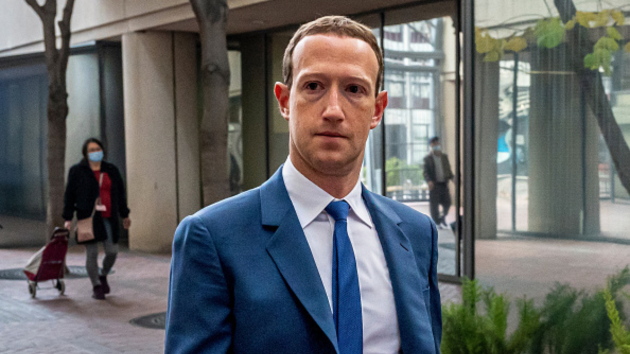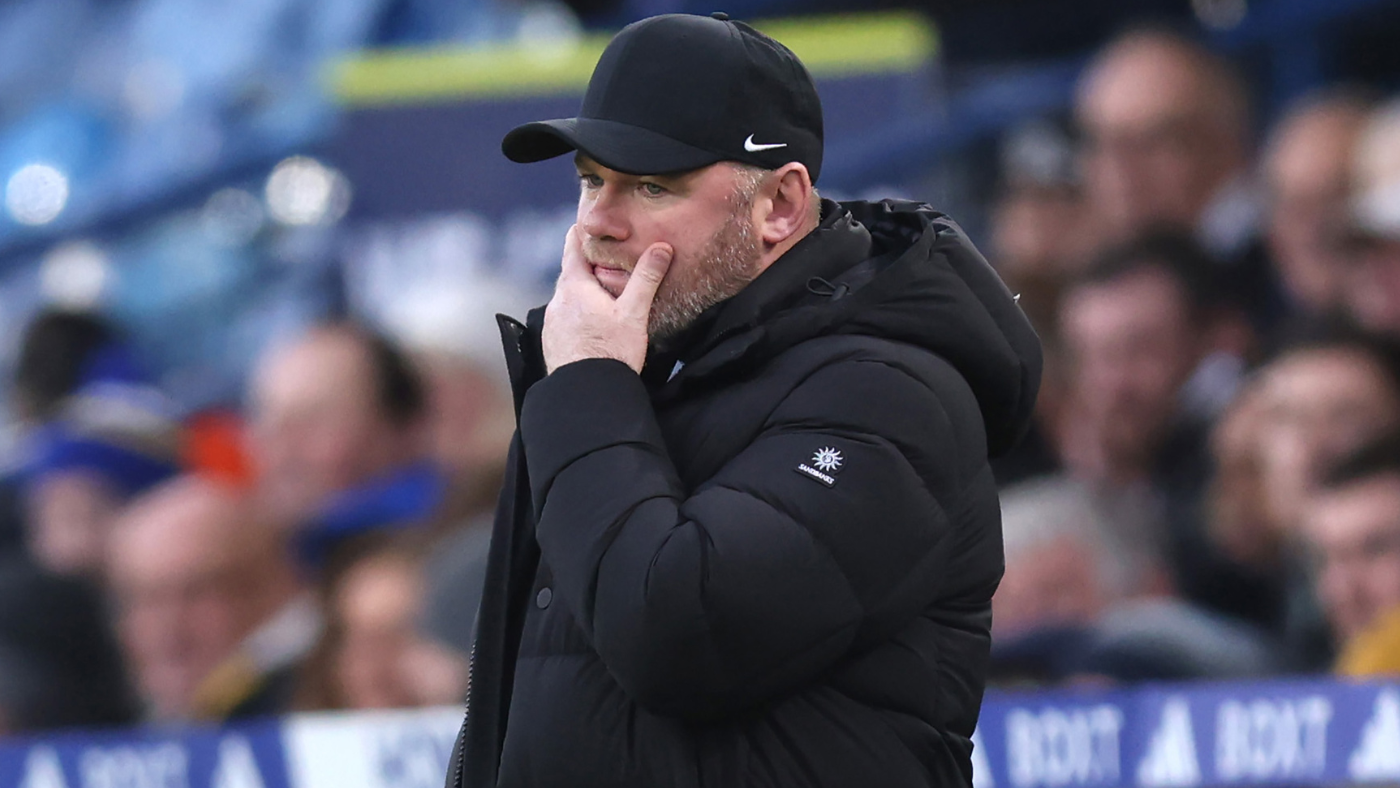Would Elon Musk sell X as losses mount? Experts weigh in
Written by ABC Audio ALL RIGHTS RESERVED on January 2, 2024
(NEW YORK) — Days after Elon Musk bought X for $44 billion last year, he strolled through the glass doors at company headquarters carrying a kitchen sink.
“Let that sink in,” he said.
Now, Musk faces a difficult reality of his own: A sharp decline in the value of X totaling tens of billions of dollars in losses.
The mutual fund Fidelity values the company at less than a third of its worth at the time of the acquisition, Axios recently reported.
That revelation adds urgency to a lingering question among some observers: Would Musk sell?
An ongoing advertiser boycott and continued payments on the company’s debt pose challenges that could make a sale attractive, experts told ABC News.
Musk, however, is unlikely to sell because economic incentives appear secondary in his approach to the company and such a move could be construed as an acknowledgment of defeat, some experts said. Plus, they added, the losses have put Musk in a weak position if he were to unload the ailing asset.
“It’s never a good look if you’re trying to sell a melting ice cube to the ice market,” Eric Talley, a law professor at Columbia University who focuses on mergers and acquisitions, told ABC News.
X, formerly known as Twitter, did not immediately respond to a request for comment.
Before the acquisition, advertising sales made up the vast majority of the company’s income, earnings reports showed.
Since Musk acquired the company last year, advertising revenue has fallen about 50%, Musk said in a post on X in July.
That decline came before a wave of advertising exits from X in November after Musk made an antisemitic remark on X. The ad exodus included Comcast, IBM, Warner Bros. Discovery and Disney, the parent company of ABC News.
Musk apologized for the post in November but added a crude denunciation of the advertisers that had withdrawn from the platform in protest.
“I don’t want them to advertise,” Musk said at The New York Times DealBook Summit in New York. “If someone is going to blackmail me with advertising money, go f— yourself.”
Musk, who describes himself as a “free speech absolutist,” has characterized the acquisition of X as an effort to establish a digital town square unencumbered by limits on expression.
On top of that, he holds an ambitious long-term vision for Twitter as an “everything app” that serves not only as a messaging and media-sharing platform but also a versatile tool in which users pay friends, purchase products and book reservations.
“It’s very hard to say whether he’d be willing to sell, and that’s because it’s not obvious to me he’s behaving as an economic actor,” Ann Lipton, a professor at Tulane University who studies corporate law, told ABC News. “He might view a sale at a discount as something like an admission of failure.”
Paul Barrett, a professor at New York University Law School and deputy director of the NYU Stern Center for Business and Human Rights, put it a different way: “Selling X at its current much-reduced value would constitute an enormous blow to a tech mogul who has an enormous ego.”
Still, some experts said Musk would go forward with a partial sale as soon as this year, precisely because he needs to raise funds to expand the capabilities of the platform.
“He’ll rip the Band-Aid off but raise outside capital,” Dan Ives, a managing director of equity research at the investment firm Wedbush, told ABC News.
To purchase the company, Musk borrowed roughly $12.5 billion from major lenders such as Morgan Stanley, Bank of America and Barclays.
So far, Musk has made hundreds of millions in payments on that debt. But the revenue losses have put pressure on him to renegotiate the terms of the loans, said Talley.
If the debt load persists and revenue declines further, Musk will encounter an increasingly difficult position.
“That’s when people get antsy,” Talley said.
Speaking at the conference in November, Musk acknowledged that the company faces existential risks but indicated a willingness to endure them.
“What the advertising boycott is going to do is it’s going to kill the company,” Musk added. “The whole world will know that those advertisers killed the company and we will document it in great detail.”
Copyright © 2024, ABC Audio. All rights reserved.






